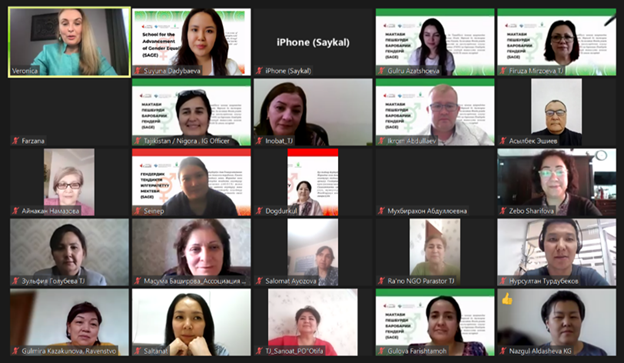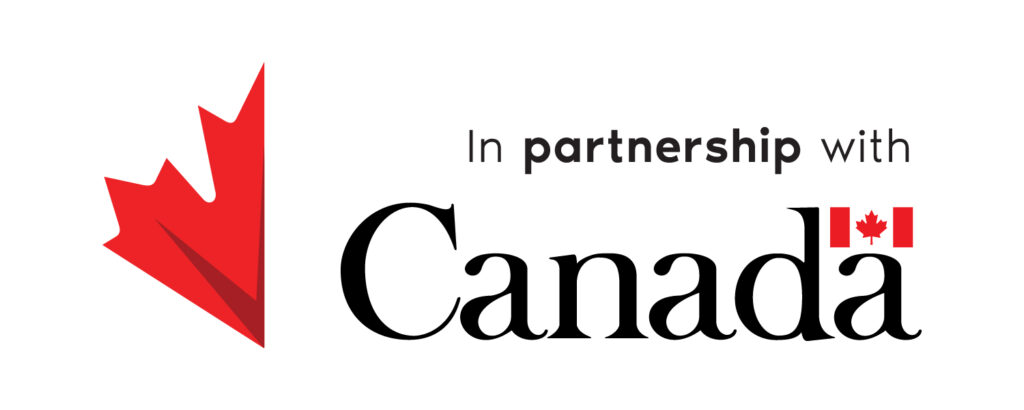Women, adolescents, and young children often lack access to the support that they need to protect and promote their well-being.
Supporting civil society groups is key to helping institutions, leaders, and community structures respond to gender and social barriers.
In 2021, the University of Central Asia (UCA)’s Civil Society Initiative established the School for the Advancement of Gender Equality (SAGE), the first of its kind in Central Asia.
Bringing together organizations from the Kyrgyz Republic and Tajikistan, SAGE aims to strengthen institutional capacities and build networks between people working in women’s rights, gender equality, and women-led organizations. It supports organizations advancing gender equality in the region by strengthening their advocacy at multiple levels and bringing a gender lens into activities such as urban planning, political agendas, and legislation.
Over a 12-month cycle, SAGE participants gained knowledge and developed new skills through advocacy workshops, courses, study tours, and forums.

Sixty people attended SAGE’s first virtual workshop in December, where participants discussed the strides their countries have taken toward gender equality since gaining independence in 1991. Participants also discussed the barriers faced in their communities, such as deep-rooted patriarchal attitudes, socioeconomic and political disparities, and rising religious and cultural fundamentalism.
“[Through SAGE], I understood that gender is very multifaceted, and it is not only about infringement of women’s rights, but much broader,” said a participant.
SAGE was established through the Foundations for Health and Empowerment (F4HE) program, supported by AKFC and Global Affairs Canada. F4HE aims to improve health and well-being at all stages of life, from childhood through adolescence to adulthood. This includes developing the capacity of women- and adolescent-led civil society groups to become more engaged in the health needs of their communities, including addressing gender and social barriers.

